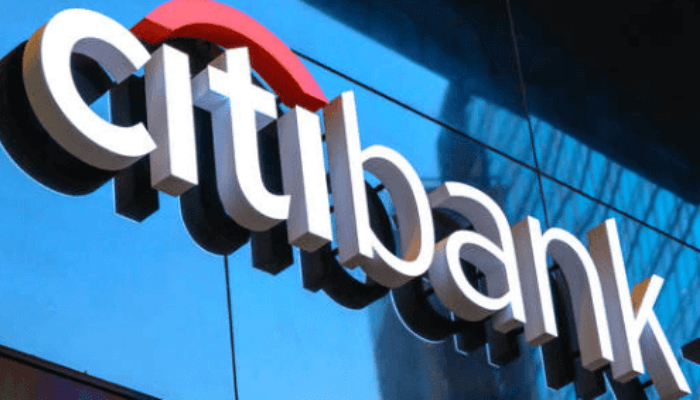Citibank Nigeria Limited (Citi), on Wednesday, announced that it had successfully met the Central Bank of Nigeria’s (CBN) new minimum capital requirement of N200 billion for national commercial banks. This achievement reinforces Citi’s enduring commitment to Nigeria’s financial sector and economic growth.
Citi is a preeminent banking partner for institutions with cross-border needs, a global leader in wealth management and a valued personal bank in its home market of the United States.
Nneka Enwereji, Managing Director/CEO of Citibank, stated, “Meeting the CBN’s N200 billion capital requirement is more than compliance – it is a statement of confidence in Nigeria’s future and a deliberate investment in its next chapter of growth. For 41 years, we have partnered with Nigeria’s governments, banks, corporations, and communities. With a strengthened balance sheet, Citi is ready to expand support for clients across priority sectors, including infrastructure, energy and trade. Citi has a legacy of pioneering innovative solutions in Nigeria, and this investment will help expand digital innovation and payment solutions, while advancing social finance initiatives aligned with national development priorities.”
Read also: Why the CBN might play safe with rate cuts-Citibank
Citi has consistently acted as a trusted conduit for foreign direct investment, actively showcasing Nigeria’s robust reform momentum to global investors. Leveraging its extensive international network, the bank connects Nigerian institutions with global capital, convening senior policymakers and corporates to explore opportunities in trade, industry and cross-regional capital flows. The bank has been instrumental in shaping a deeper, more resilient financial market that fosters sustainable growth.
Speaking on the importance of the milestone, Ebru Pakcan, Head of Middle East and Africa at Citi, said, “As one of Africa’s largest and most dynamic economies, Nigeria has consistently demonstrated resilience and opportunity. This milestone reflects the strength of our franchise and reinforces our long-term commitment to supporting Nigeria’s growth and connecting clients to opportunities across our global network.”
Reflecting on the achievement, Mahmoud Isa-Dutse, chairman of the Board, Citibank Nigeria, added, “This milestone highlights both our financial strength and our dedication to sustainable growth. Citi has consistently played a central role in Nigeria’s financial system, and this recapitalisation further enhances our capacity to support clients, investors, and the broader economy. We remain steadfast in positioning Nigeria as a key destination for global capital.”
Citi’s vision is to be the pre-eminent bank for clients with cross-border needs. With over 200 years of global leadership in financial services and dedicated in-country teams in over 90 fully licensed banking operations worldwide, the bank combines a global perspective with local expertise to help clients navigate challenges and capitalise on growth opportunities.
By integrating this significant capital commitment with its global reach, Citi reinforces its position as a catalyst for growth, contributing to a stronger and more dynamic landscape for Nigeria’s future.
Read also: Consumer behaviour, technological advancements to boost finance — Citibank
The CBN has set new minimum capital requirements for banks as part of its ongoing recapitalisation exercise aimed at strengthening the financial system and enhancing resilience to economic shocks. Under the new directive, international commercial banks are required to raise their minimum paid-up capital to N500 billion, while national and regional commercial banks must maintain N200 billion and N50 billion, respectively.
Merchant banks are to hold a minimum of N50 billion, non-interest national banks N20 billion, and non-interest regional banks N10 billion. The new thresholds, which were announced in March 2024, mark a significant increase from previous capital bases and reflect the CBN’s commitment to ensuring that Nigerian banks are adequately capitalised to compete globally and support domestic economic growth.
According to the CBN, the recapitalisation exercise will run for 24 months, from April 1, 2024, to March 31, 2026, giving banks sufficient time to meet the new requirements either through fresh capital injections, mergers, or acquisitions. The apex bank clarified that only paid-up share capital and share premium will be recognised in meeting the new thresholds, excluding retained earnings and other reserves.

